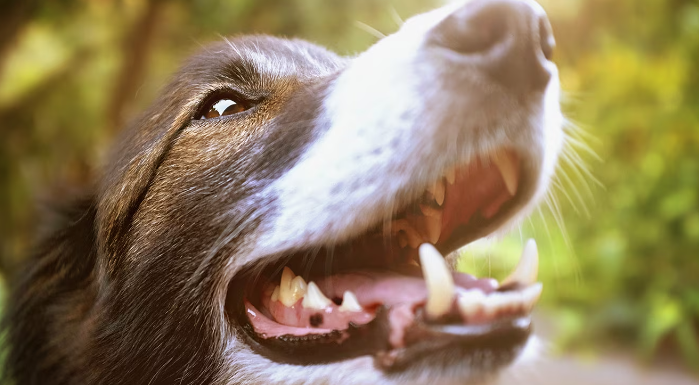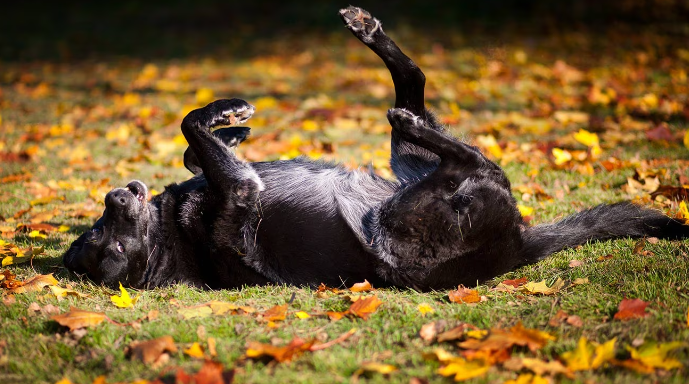Our beloved furry companions age alongside us, entering their “golden years” with unique needs and challenges. As their devoted guardians, it’s our responsibility to adjust our care to ensure their comfort, health, and well-being throughout this precious stage of life. Let’s delve into essential tips for senior pet care, enriching their golden years with love and attentiveness.

Understanding Their Changing Needs:
Physical Changes
As pets age, they often encounter challenges such as decreased mobility, vision impairments, and hearing loss. To support senior pets in navigating their environment more comfortably, it’s essential to make appropriate adaptations. Installing ramps or steps can aid pets with mobility issues, allowing them to access elevated surfaces with ease. Brighter lighting can help compensate for diminished vision, making it easier for senior pets to see and move around safely. Maintaining familiar routines and minimizing changes in the environment can also reduce stress and confusion for older pets, providing them with a sense of security and stability.
Dietary Adjustments
As pets age, their metabolism and digestion undergo changes that may require adjustments in their dietary needs. Senior pets often experience a slower metabolism and may have difficulty digesting certain nutrients, such as proteins and fats. Consequently, it’s crucial to transition them to a senior-specific diet formulated to address these age-related changes and support their overall health and well-being.
Consulting with your veterinarian is essential to determine the most appropriate diet for your senior pet. Veterinarians can assess your pet’s health status, consider any preexisting medical conditions, and provide personalized recommendations tailored to meet their specific nutritional requirements.
Veterinary Care
Regular checkups play a pivotal role in maintaining the health and well-being of senior pets, as they enable veterinarians to detect and manage age-related health conditions in their early stages. Conditions such as arthritis, dental disease, and organ dysfunction are common among senior pets and can significantly impact their quality of life if left untreated. During routine examinations, veterinarians can assess your pet’s overall health, perform diagnostic tests, and identify any potential issues before they escalate.
For example, arthritis is a prevalent condition in older pets that can cause stiffness, discomfort, and mobility issues. Through regular checkups, veterinarians can evaluate your pet’s joint health, monitor for signs of arthritis, and implement appropriate treatment and management strategies, such as pain medications, joint supplements, or physical therapy.
Maintaining Mobility and Comfort:
Gentle Exercise
Regular, low-impact activities like short walks, swimming, or indoor playtime keep joints lubricated and muscles toned. Adjust intensity and duration based on your pet’s capabilities.
Supportive Bedding
Invest in comfortable, orthopaedic beds with ample padding and easy access. Consider ramps or steps to help them get on and off furniture.
Pain Management
If your pet suffers from arthritis or other pain-related issues, consult your veterinarian for pain management options to improve their quality of life.
Mental Stimulation and Engagement:
Interactive Play
Keep their minds sharp with puzzle toys, scent games, and gentle training sessions. Adapt activities to their physical abilities and preferences.
Social Interaction
Regular interaction with loved ones, familiar pets, or even supervised visits with other animals can combat boredom and loneliness.
Environmental Enrichment
Rotate toys, create hiding spots, and offer new scents to keep their minds engaged and prevent boredom.
Emotional Well-being and Senior Anxiety:
Maintaining Routine
Familiar routines provide a sense of security and comfort. Minimize changes to their environment and daily schedules.
Quality Time and Affection
Shower them with love, cuddles, and gentle playtime. Recognize signs of anxiety, such as pacing or hiding, and offer soothing reassurance.
Consider Senior-Specific Anxiety Solutions
Pheromone diffusers, calming music, or anxiety vests can sometimes help manage senior anxiety. Consult your veterinarian for recommendations.
Remember:
- Every senior pet is unique: Observe your pet’s individual needs and adjust care accordingly.
- Communication is key: Talk to your veterinarian about any concerns, changes in behaviour, or suspected health issues.
- Patience and love go a long way: Be patient with changes in your pet’s abilities and shower them with love throughout their golden years.
Final Thoughts
By embracing these essential tips and tailoring them to your specific pet, you can ensure your furry companion enjoys comfortable, happy, and fulfilling golden years filled with love, care, and plenty of tail wags. Remember, their happiness is our responsibility, and by prioritizing their needs, we can repay their unwavering love and companionship tenfold.


